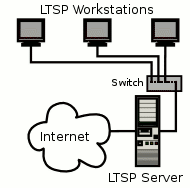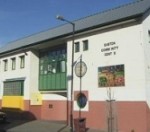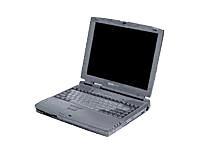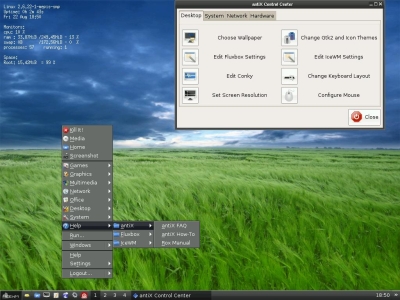US govt. urged to use open source
BBC Technology reports that Scott McNealy, a co-founder of Sun Microsystems, is preparing a paper on the use of open source software for the new US administration.
“It’s intuitively obvious open source is more cost effective and productive than proprietary software,” he said, adding, “Open source does not require you to pay a penny to Microsoft or IBM or Oracle or any proprietary vendor any money.”
On the quality and other aspects of open source, McNealy continues: “The government ought to mandate open source products based on open source reference implementations to improve security, get higher quality software, lower costs, higher reliability – all the benefits that come with open software.”
Regarding proprietary software use by government, OSI President Michael Tiemann states, “It’s an accident of history that proprietary standards became so entrenched so early and it’s been a colossal expense for government.”
This sounds promising: could we really see penguin-powered computing (news passim) in the Oval Office?
You can read the full story here.


 Anybody familiar with Linux will be aware of the existence of a character called
Anybody familiar with Linux will be aware of the existence of a character called 
 If you’ve still got some enthusiasm left after
If you’ve still got some enthusiasm left after  First of all comes news that Bristol’s December Dorkbot (strapline: “people doing strange things with electricity”) is happening on Saturday 13th. Just for a change, it’s having a rest from its usual haunt of the Pervasive Media Studio down near the docks and going walkabout to
First of all comes news that Bristol’s December Dorkbot (strapline: “people doing strange things with electricity”) is happening on Saturday 13th. Just for a change, it’s having a rest from its usual haunt of the Pervasive Media Studio down near the docks and going walkabout to  The time: first thing on Monday morning this week (Groan! Ed.). The place: outside the Watershed by Bristol’s historic docks, where Rich Higgs and yer ‘umble scribe found ourselves unloading a car full of stuff –
The time: first thing on Monday morning this week (Groan! Ed.). The place: outside the Watershed by Bristol’s historic docks, where Rich Higgs and yer ‘umble scribe found ourselves unloading a car full of stuff –  Instead of the traditional Christmas-time office booze-up, Bristol Wireless is organising something slightly different this year: we’re putting on a geek quiz night as a fundraiser.
Instead of the traditional Christmas-time office booze-up, Bristol Wireless is organising something slightly different this year: we’re putting on a geek quiz night as a fundraiser.
 Spanish site
Spanish site  In keeping with our greener credentials, the Compaq workstations (also known as clients. Ed.) run on minimal power, having no moving parts such as hard disks and optical drives; they were originally used as desktop machines by the National Health Service and were donated to our project through
In keeping with our greener credentials, the Compaq workstations (also known as clients. Ed.) run on minimal power, having no moving parts such as hard disks and optical drives; they were originally used as desktop machines by the National Health Service and were donated to our project through 
